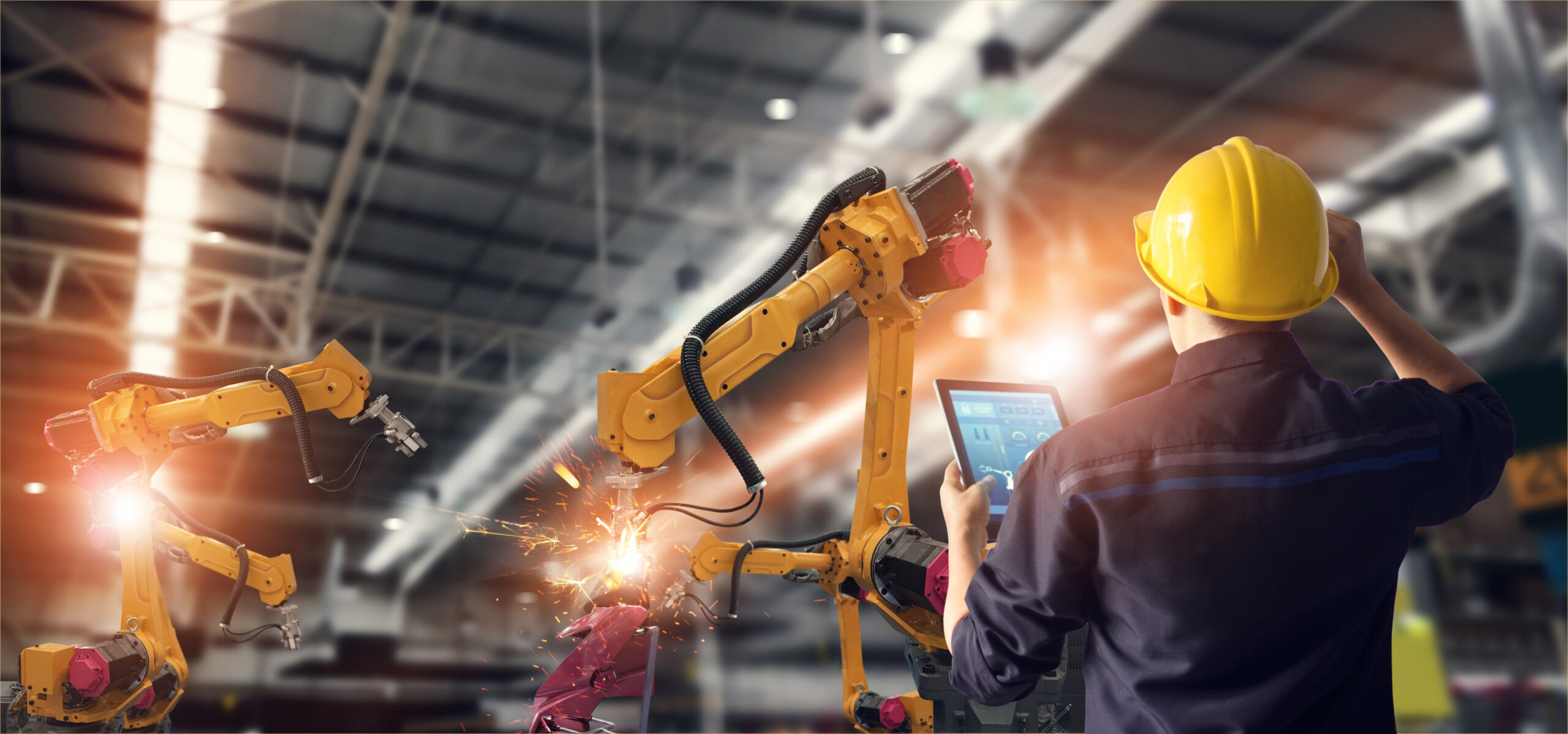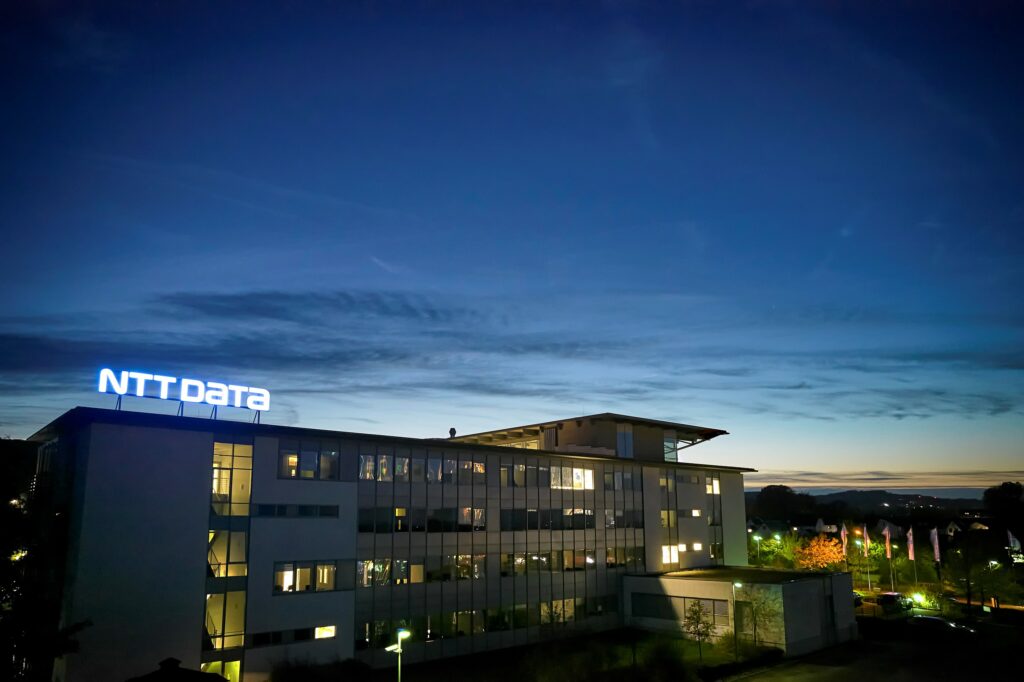Deloitte and ServiceNow have released their fourth annual “Workflow Automation Outlook,” which addresses the challenges of evolving customer demand and the need for innovative strategies to maintain agility and competitiveness. The study provides a roadmap for organizations to optimize their technology investments through automation, AI, and industry-specific solutions.
“As we look to 2025 and beyond, enabling the right automation and agentic AI technologies can improve productivity, freeing employees up for more important, strategic work that can make it possible for enterprises to achieve more innovation — faster than ever,” said Asish Ramchandran, global chief commercial officer, ServiceNow Alliance, Deloitte Consulting LLP.
Key Insights from the Study
The report highlights five crucial areas that enterprises should focus on to maximize the impact of automation and AI-driven solutions.
1. Tailored Outcomes Drive Transformation
Generic technology solutions are no longer sufficient for true business transformation. Companies must embrace industry-specific innovations, leveraging expertise and data-driven insights to create impactful solutions tailored to their unique operational needs.
2. Automation Must Extend Beyond IT
Businesses looking to innovate should integrate automation across all functions, not just the IT department. Organizations can improve efficiency, streamline operations, and enhance decision-making by unifying data and workflows across the enterprise.
3. Future-Proofing Through a Resilient Tech Ecosystem
Rather than relying on fragmented point solutions, enterprises should focus on building a connected, resilient technology stack. End-to-end integrations ensure seamless operations and facilitate sustainable growth.
4. Balancing AI with a Human-Centric Approach
With the rise of agentic AI and tested AI applications, organizations can support employees by enhancing productivity and optimizing efficiency. AI should complement human intelligence, enabling teams to focus on strategic, high-value tasks.
5. Cultivating a Culture of Continuous Innovation
Organizations must foster a long-term innovation mindset. By optimizing technology lifecycles and maximizing available resources, companies can bridge skill gaps and drive sustainable business growth without excessive investments.
The report also highlights real-world applications, such as a manufacturing company that improved equipment efficiency and reduced maintenance costs through automation and a financial institution that optimized its legal workload by consolidating technology platforms.
According to Erica Volini, executive vice president worldwide industries, partners, and go-to-market at ServiceNow, “For customers to realize the full value of both current and new technologies, generic solutions just aren’t going to cut it — especially in this new world of AI.”
What This Means for ERP Insiders
Industry-specific customizations are gaining momentum. As companies navigate the evolving technological landscape, leveraging automation and AI in a targeted, strategic manner will be crucial for long-term success. ERP users should adopt tailored automation solutions that align with their unique industry challenges and workflows.
Unlock your system’s value with enterprise-wide Automation integration. SAPinsider research shows that process automation is becoming increasingly important in organizational strategies. Organizations must unlock the value of this strategic enabler by integrating automation in ERP systems beyond IT to ensure seamless data flow and process optimization across departments.
AI drives productivity enhancement. As AI adoption continues to expand, its impact on business efficiency and competitiveness is expected to grow. Thus, organizations must embrace AI-powered tools to streamline operations while keeping a human-centric focus on strategic decision-making.





